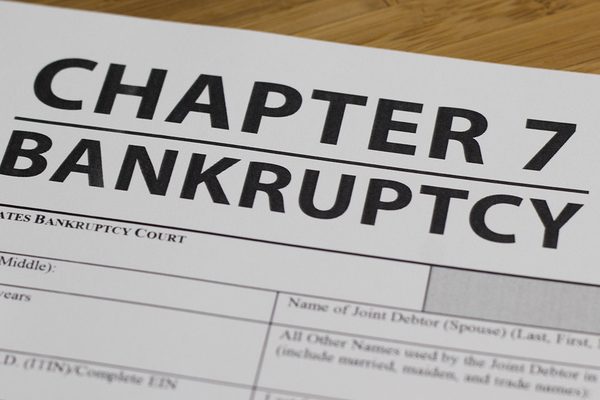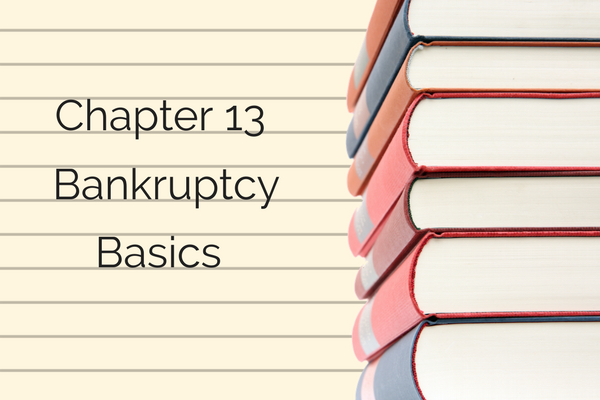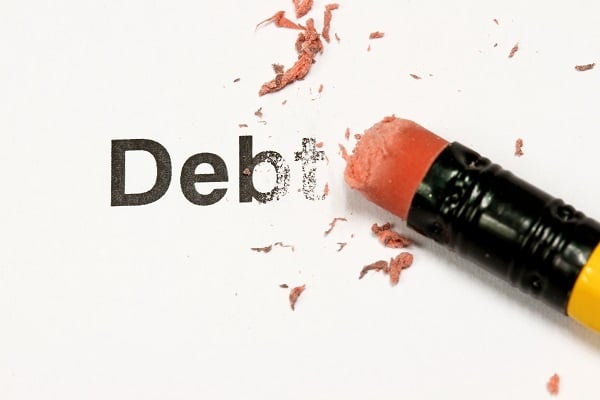To understand what a reaffirmation agreement is in Chapter 7 Bankruptcy, you first must understand what the goal of a Chapter 7 Bankruptcy is. The goal of a Chapter 7 Bankruptcy is to obtain a Chapter 7 Bankruptcy discharge. A Chapter 7 Bankruptcy discharge absolves you of your personal liability for the underlying debt. Creditor must write the debt off and is not able to pursue debtor for the debt again.

(Video) WHAT IS A REAFFIRMATION AGREEMENT IN A CHAPTER 7 BANKRUPTCY?
To understand what a reaffirmation agreement is in Chapter 7 Bankruptcy, you first must understand...


















